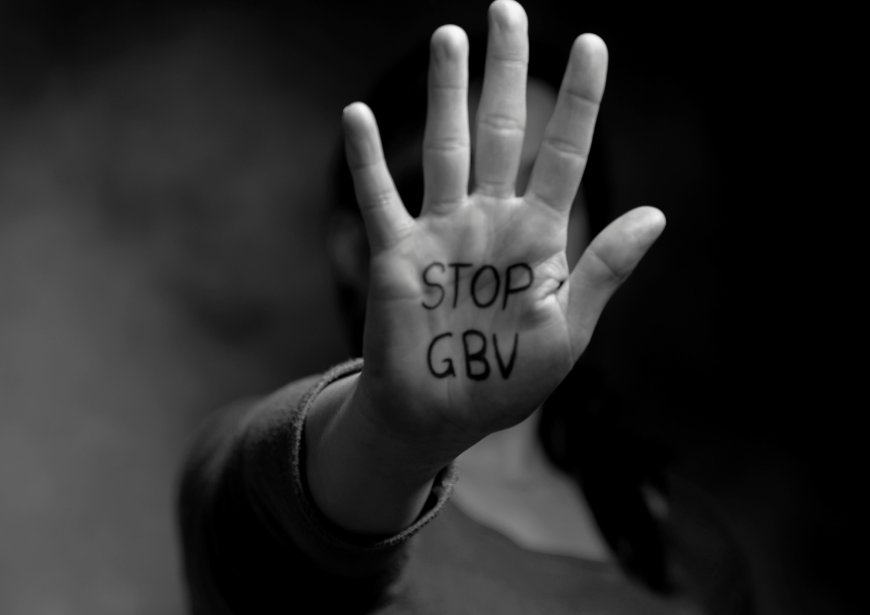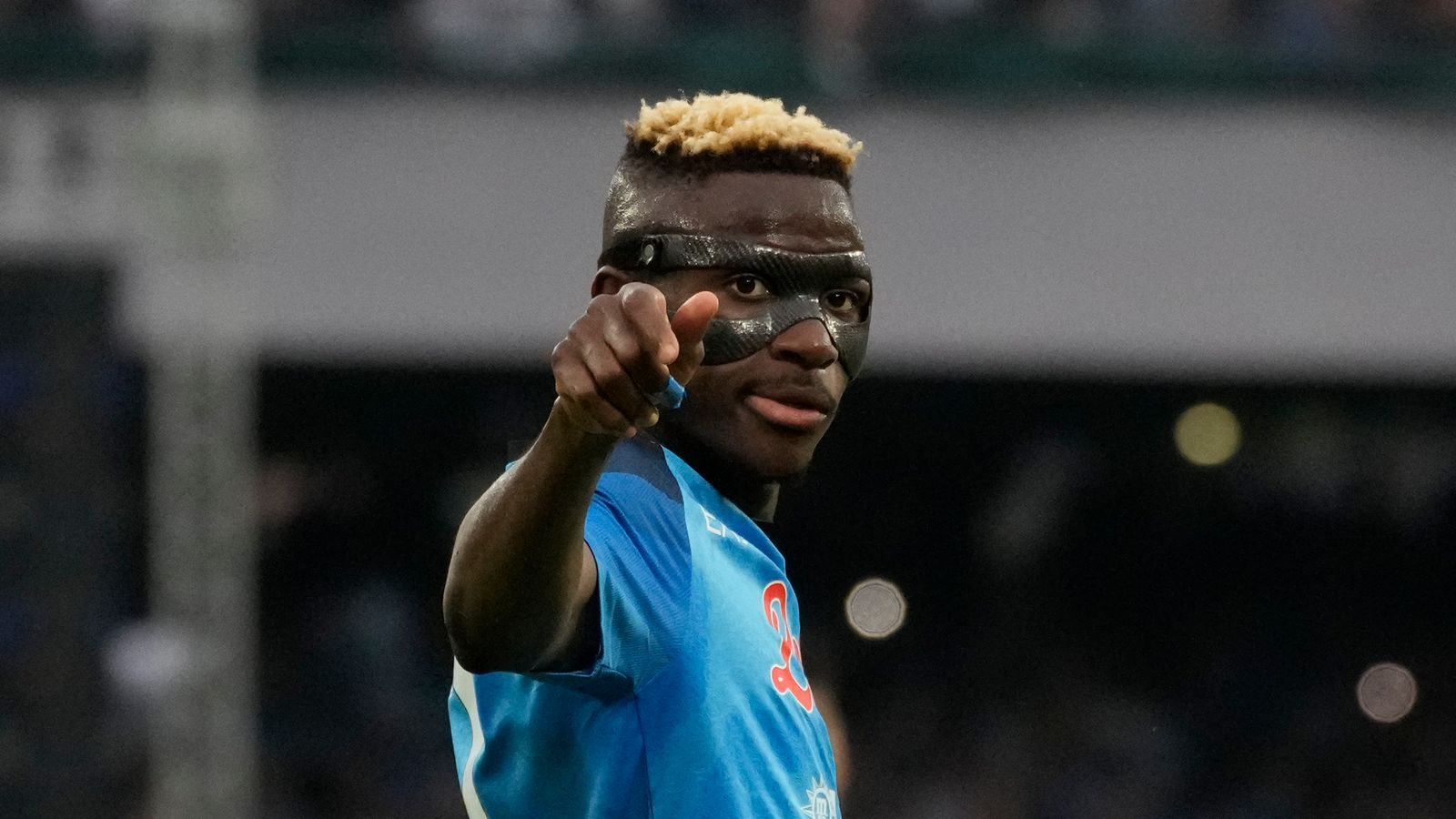Measures put in place to fight gender based violence cases in Kisii

Gender-based violence (GBV) has long plagued societies around the world, leading to the defilement of countless children, both male and female. This insidious issue transcends borders and cultures, demanding a concerted effort from all sectors of society to combat and ultimately eradicate it.
A remarkable coalition of diverse groups has emerged, united in their determination to fight against GBV and protect the most vulnerable among us. Among these groups are churches, the security sector, the health sector, human rights organizations, the judicial system, and writers, each playing a crucial role in this collective stand.
Churches have historically been pillars of communities, offering spiritual guidance and support. Today, they are increasingly recognizing their role in addressing social issues, including GBV. By preaching about the sanctity of life and the importance of respect and equality, religious leaders are educating their congregations about the harms of GBV.
The security sector, encompassing police forces and other law enforcement agencies, is on the front lines of the battle against GBV. These institutions are tasked with the critical role of protecting victims and bringing perpetrators to justice.
The health sector plays a dual role in addressing GBV: providing immediate medical care to victims and contributing to long-term healing. Hospitals and clinics offer essential services such as forensic examinations, psychological counseling, and ongoing medical treatment.
Human rights organizations have long been advocates for the marginalized and oppressed. These groups work tirelessly to raise awareness about GBV, lobby for stronger legal protections, and provide resources and support to survivors. They also engage in extensive research and documentation, shedding light on the prevalence and impact of GBV, which is vital for informing policy and driving systemic change.
The courts are instrumental in ensuring that justice is served. By upholding laws that protect against GBV and delivering fair verdicts, the judiciary helps deter future offenses and reinforces societal norms against violence. Specialized courts and trained judges are essential for handling GBV cases with the sensitivity and urgency they require.
Through articles, books, documentaries, and news reports, writers and journalists bring the realities of GBV to the forefront of public consciousness. By telling the stories of survivors and highlighting the efforts of those fighting against GBV, writers help to educate and mobilize the public, fostering a culture of zero tolerance towards violence.
The fight against gender-based violence is far from over, but the unified efforts of diverse sectors offer hope for a future where all children can grow up free from fear and harm.
What's Your Reaction?
























































